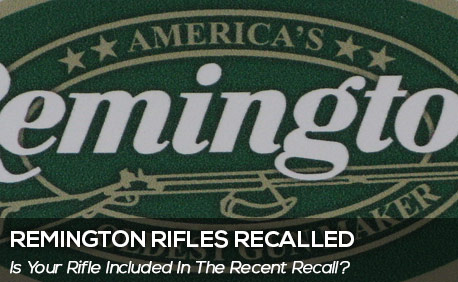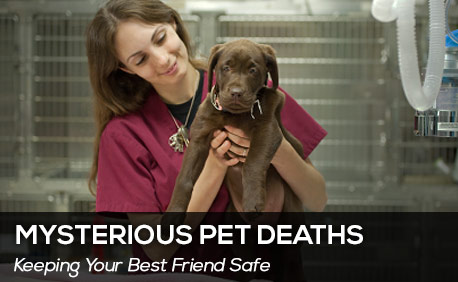
Whether you’re a deer hunter looking forward to this autumn’s harvest or someone who enjoys indoor target shooting, if you own a Remington rifle you’ll want to check out whether it is included in the recent recall.
On April 11, the Remington Arms Company issued a voluntary nationwide recall of their Model 700 and Model Seven rifles equipped with the X-Mark Pro trigger that was manufactured between May 2006 and April 9, 2014. Their website gives detailed instructions for determining whether your gun is one of those recalled because it can accidentally discharge.
If you have one of the recalled Remington rifles, you’re certainly not alone. The Model 700 bolt-action rifles have been popular because of their accuracy and “smooth trigger,” with more than 5 million of them sold since 1962. The X-Mark Pro trigger on the recalled rifles can discharge when small amounts of rust, debris, or even a small jolt can cause the trigger connector to become misaligned. In some cases, rifles have discharged as the safety was moved to the off position to unload the gun or when the bolt was opened, closed or even just touched.
 South Carolina Lawyer Blog
South Carolina Lawyer Blog



